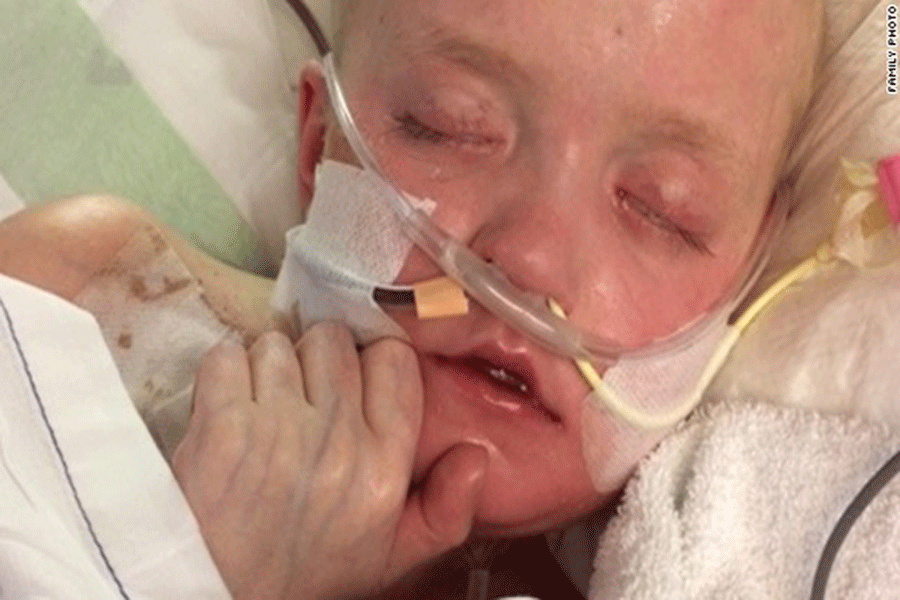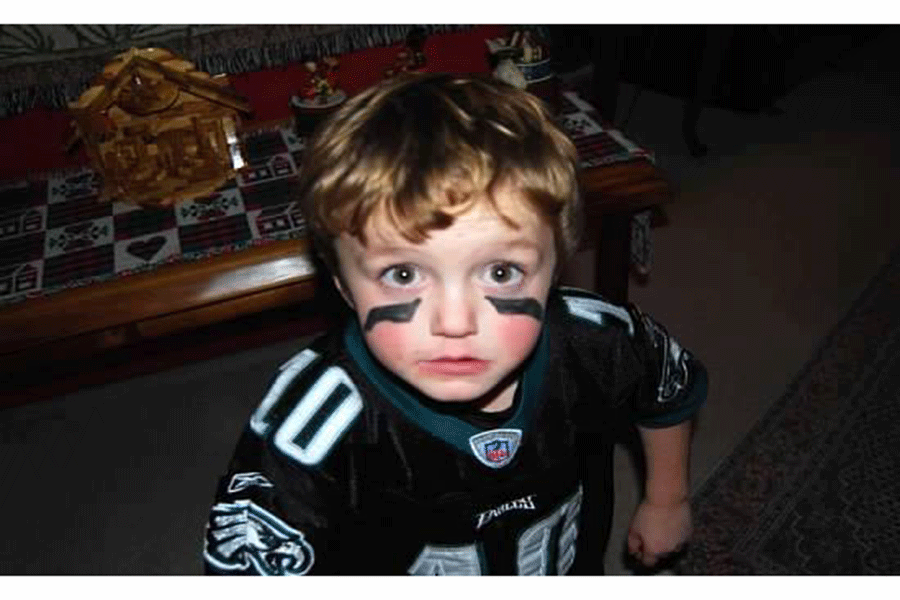7-Year-Old in Critical Condition
In an intensive care unit in Memphis, Tennessee, a virus has taken over the body of 7-year-old Josh Hardy. Josh’s journey began when he was diagnosed with a rare form of kidney cancer when he was just 9 months old. Over the years, cancer showed up in his thymus, lung, and bone marrow; and each time Josh beat it. Because of his bone marrow transplant, Josh was left without much of an immune system. In February, doctors diagnosed him with an adenovirus that spread through his body. They gave him an antiviral drug, an intravenous form of brincidofovir, but it ravaged his kidneys.
His doctors at St. Jude’s Children’s Research Hospital said not to give up hope. Since they have been a part of the brincidofovir study, they have seen how in sometimes just a week or two, the oral from of the drug could get rid of an adenovirus without damaging the kidneys. All they had to do was ask the company that makes brincidofovir, Chimerix, Inc. On February 12, the St. Jude’s doctors called Chimerix executive, Dr. Marion Morrison and asked for permission to use brincidofovir and they were told no. On March 5, the doctors asked again. Two days later another executive, Dr. Herve Mommejoa-Marin replied with an email saying the company was not “in position to provide drug for this and other subjects in similar circumstances due to a limited inventory and our limited resources.”
The Hardy family has now turned to the media, Facebook, Twitter, and change.org to pressure the drug company to change its mind. Countless members of “Josh’s Army” have responded with angry tweets to Chimerix, telling them to “open their hearts.” Chimerix executives say they’ve even received physical threats. The president of the company has read the tweets and said he is heartbroken, but the issue is complex and unsuitable for a 144-long character debate. Although the drug won’t be handed out at this time Chimerix is going full speed ahead to get the drug on the market by hopefully the end of 2016. The company will have to pay $50,000 per compassionate-use patient since insurance companies usually don’t pay for experimental drugs. “If this were just one patient wanting this drug, then this would be a very different question, but it’s yes to all or no to all,” says Moch, the president of the company.
Moch wants the family and everybody else to know that he does have children of his own and if his child had an aggressive adenovirus like Josh, he’d be doing the same thing as Todd and Aimee Hardy. He also says, “There are no words to express our compassion for this young boy and his family and what they’re going through.”
Art Caplan, a bioethicist, made a statement saying it’s not just the $50,000 per patient that might make investors squeamish, but compassionate cases can make a drug look bad. By definition, compassionate use patients are extremely sick, and might not do well with the drug. Companies have to report that poor outcome to the FDA in its application to market the drug. “They might want to open the door a little more broadly” and “They might want to show a little compassion,” says Caplan.
Mommeja-Marin, The Chimerix executive said, “We’ve had employees who ask for the drug for family members who are close to death and the answer has been no.” That’s not good enough for the Hardy’s. “He holds our son’s life in his hands,” Todd Hardy said. “This is just beyond belief to me.”
As of March 12 Josh Hardy finally received the medicine that doctors hope will help him. The company had previously denied calls from the family to give him the drug, arguing that spending the time to help Josh and other like him would slow efforts to get the drug on the market. Josh’s story drew national attention as his parents and supporters pushed the company to change it’s mind through online and media campaigns.
“Josh has a long road to recovery,” Todd Hardy told CNN in an e-mail Thursday. It was also said that his son had stopped getting worse and just last week he was deteriorating and now he’s not. Josh will be expected to take the drug for at least twelve weeks. He still isn’t taking any food or drink by mouth, but he is making progress. A Facebook page dedicated to the online campaign to help Josh get the medicine posted a photograph of the boy, along with the message: “Please pray that the drug is as effective in combating this virus as we hope.”


